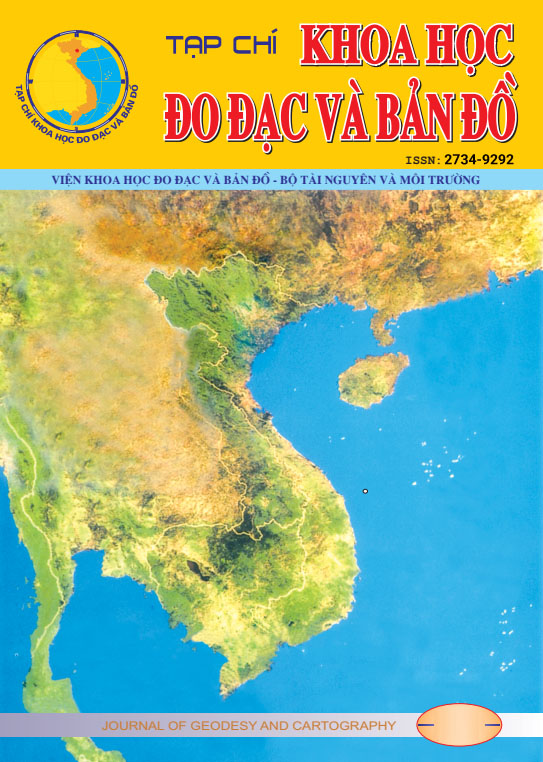Abstract
Rapid changes in large scale urban have been becoming more challenging for land-use conserva-tion and planning, especially in historical sites. With the expansion of city boundaries are usually beyond planning, the pace of development poses a challenge for urban planners. These issues can be resulted from (i) outdated planning database, (ii) unplanned urban growth models are not properly measured. This paper proposes an approach to address these challenges by using multitemporal remote sensing data to study land use/cover changes for nearly half of century (1968-2016). This study uses SPOT satellite image data combining with topology mapping from NIMA (Texas University library publication). Different urbanization indices measure a detailed analysis of urban expansion. The results indicate that urban expansion causes large changes in land use and urban growth. This leads to significant impacts ln the landscape. The results also show an incline in agri-cultural land and green space that lasts 48 years. From these results, it can be seen that the integrat-ed method between remote sensing is highly effective for analyzing the notable changes in land use and urban expansion in different periods (1968-1995, 1995-2000, 2000-2005, 2005-2011, và 2011- 2016).
PDF (Tiếng Việt)
| Download: 388
Downloads
Download data is not yet available.

